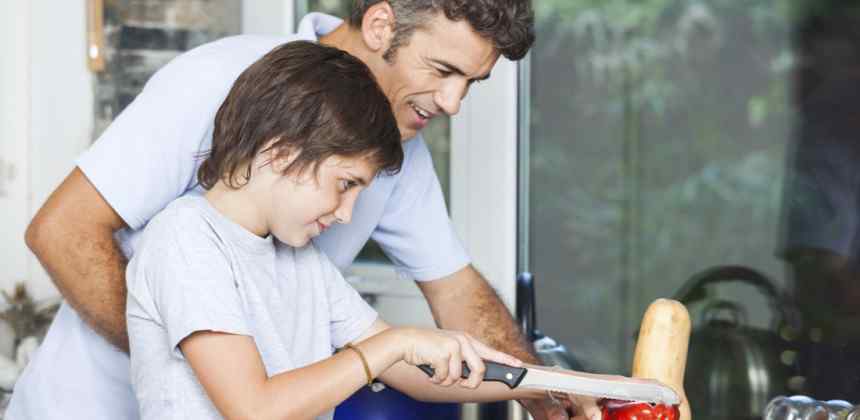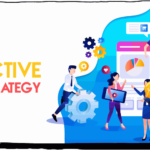Early education is a type of program that provides children with education before kindergarten. Children are generally active learners, whether at home or outside. With this, early learning at home offers meaningful educational opportunities for your kid to develop a sense of self, various skills, and a valuable foundation for learning. As your child acquires a love for learning through early education, the whole family also benefits from it.
Focus on Play-Based Learning
Early learning at home gives importance to the use of physical toys and learning activities as it has a positive effect on the early social, cognitive, emotional, and physical development of a child. The program gives you the right resources, including videos, games, toys, and activities, facilitating the learning journey of your child with a strong foundation.
Play-based learning is beneficial to your child in many ways. Having your child attend a high-quality early education will develop their proficiencies in:
- Social skills with other people
- Self-regulation and self-help
- Curiosity and eagerness for learning
- Gross motor and fine motor skills
- Greater self-awareness
- Healthy eating habits
- Reflection
- Persistence
- Creative expression using arts
How can you support early learning as a parent?
You can do a lot of things to show your support to early learning at home, and one of them is by providing your child with a specific space for learning. Your child needs a calm environment to do their structured learning. The activities and experiences you help provide your kid with early learning increase their learning capacity and efficiency. Make sure you give your little one various sensory-rich stimulation in a language-rich learning setting. Let them explore the environment and basic concepts like texture, colour, shape, etc., with hands-on opportunities.
Preparedness and routines also help reassure your child, as they need to have predictability in their daily lives. Through consistency and repetitive routines, a kid learns sequencing, develops autonomy (for example, letting them decide what activity to do or giving them real responsibilities), and develops concepts and vocabulary knowledge (for example, faucet, drain, liquid, drink).
You can do several things to make learning at home enjoyable and productive for your child and the entire family:
- Keep a clock nearby to determine the duration of each task.
- Try to mix-up different tasks. For example, combine open-ended activities with those that require intense focus.
- Create and follow a timetable of the learning goals for the week
- Set break times, and include healthy snacks
Pace the Activities and Lessons
Mixing up the lessons is crucial as the average attention span of small children is quite short. You cannot expect them to pay attention to you and their lessons for long hours. In general, two to six-year-olds have about four to 12 minutes of attention spans. There are various contributing factors to this attention span, including how interested the child is to the activity, the distractions nearby, and how tired, hungry, and anxious the child is.
At home, you can assess the interests, strengths, and areas where your child needs more support. Another good thing about early learning at home is that you have more opportunities to see how your child progresses and what they possibly need. You become the best partner of the teachers from early education, supporting the program more holistically.




